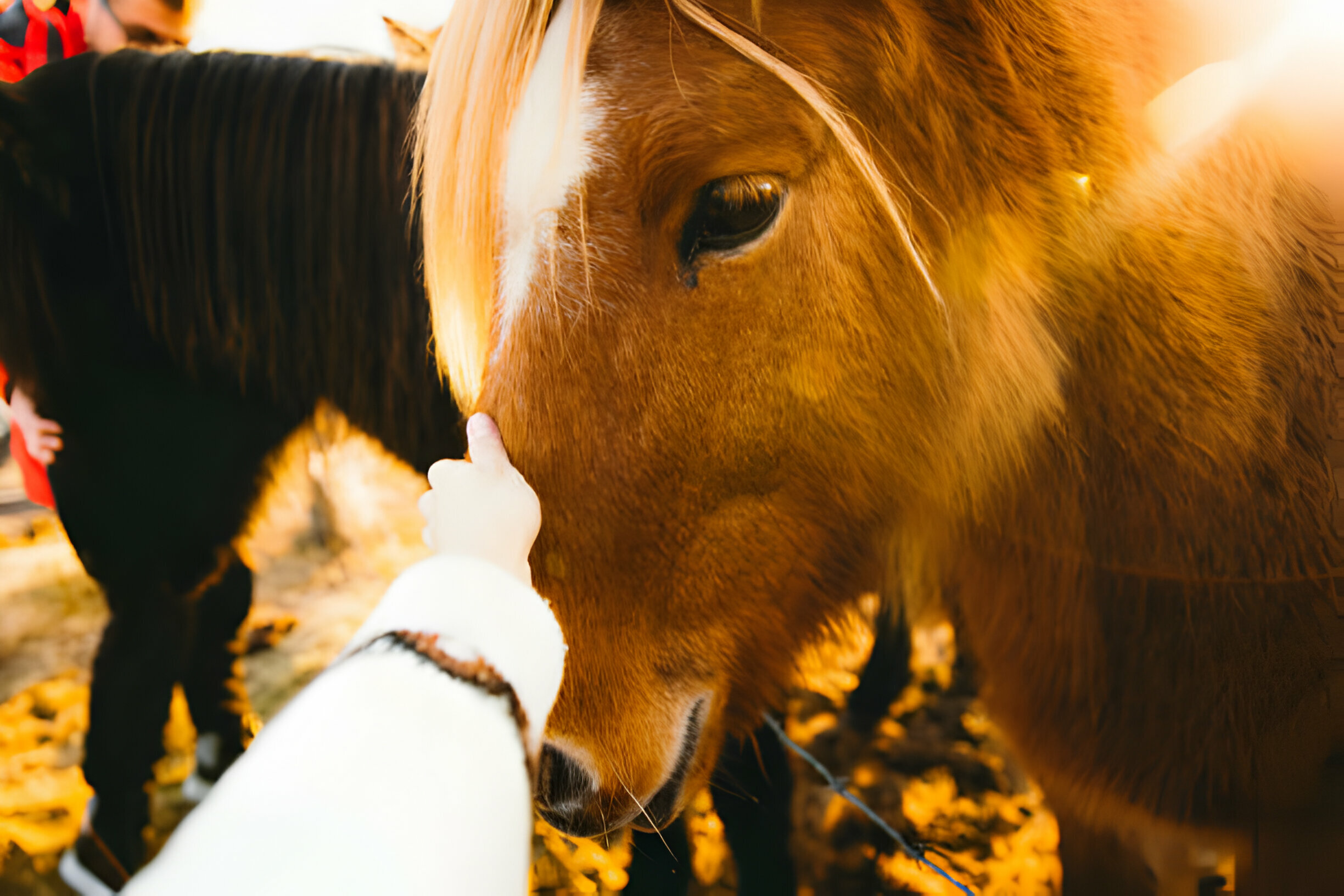Table of Contents
Discover the Key Factors That Influence How Long Do Horses Live. 🐎 From genetics to nutrition, learn how to ensure a healthy and fulfilling life.
How Long Do Horses Live is crucial for any equine enthusiast, whether you’re a seasoned equestrian or considering owning one for the first time. Horses are magnificent creatures that have been by our side for centuries, serving various purposes from transportation to companionship. In this comprehensive guide, we delve into the factors that influence the longevity of horses and provide insights into ensuring a healthy and fulfilling life for these majestic animals.
How Long Do Horses Live? A Comprehensive Guide to Equine Lifespans
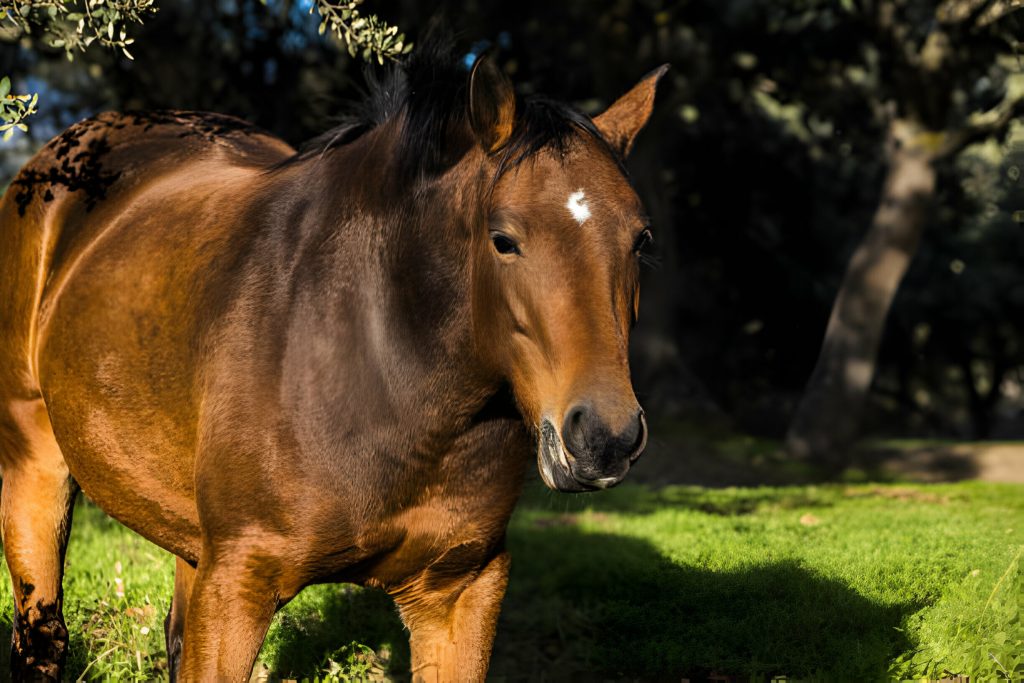
Horses are majestic creatures that capture hearts around the world. They are companions, athletes, and beloved members of many a family. But how long does the average horse live? A horse’s lifespan is a fascinating topic, and understanding the factors that contribute to longevity can help you provide the best quality of life for your equine friend. Get More Info Horses.
Factors Affecting How Long Do Horses Live Lifespan
Several key elements influence how long a horse lives:
- Breed: Some horse breeds are naturally longer-lived than others. Ponies and smaller breeds tend to live longer than larger draft horses. For example, Arabians and Quarter Horses can often live into their 30s, while the average lifespan of a Friesian is notably shorter, at around 16 years.
- Nutrition: A balanced diet with appropriate nutrients is essential for a long and healthy life. Horses need a mix of forage, concentrates, vitamins, and minerals to support overall well-being.
- Healthcare: Regular veterinary checkups, vaccinations, and dental care are critical for preventing and managing health problems that can shorten a horse’s lifespan.
- Workload: Overwork and intense athletic activity can put a strain on a horse’s body, leading to premature aging and injuries. Proper rest and recovery are important.
- Environment: A safe and comfortable environment with plenty of space to exercise, clean water, and shelter from the elements promotes physical and mental well-being.
Average Horse Lifespan: Wild vs. Domesticated
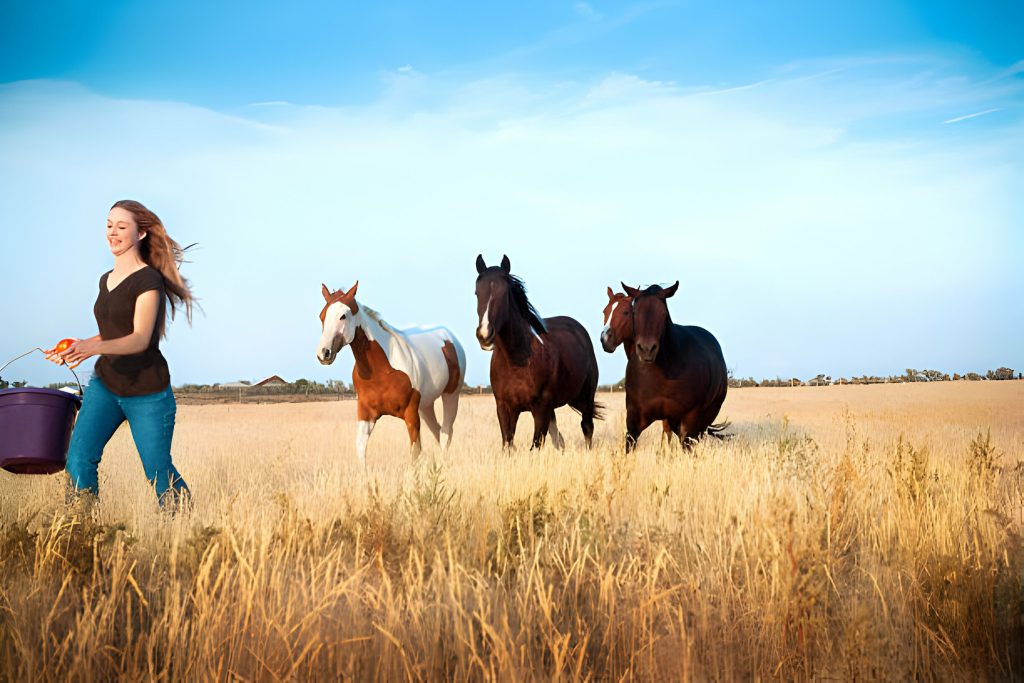
- Domesticated horses typically live for 25 to 30 years. With proper care and veterinary attention, many horses can enjoy active lives well into their senior years.
- Wild horses have a shorter average lifespan of around 15 years. This is often due to harsh environmental conditions, limited access to food and water, untreated injuries or illness, and challenges within the herd dynamic.
Caring for Senior Horses
As How Long Do Horses Live age, their needs change. Here are some essential aspects of caring for a senior horse:
- Dental care: Senior horses may have dental problems, making it difficult to chew their food properly. Regular dental exams and adjustments by a veterinarian are crucial.
- Nutrition adjustments: Older horses may require a diet with special considerations. This might include senior feeds with higher digestibility, increased fiber content, and additional supplements as needed.
- Joint health: Arthritis is a common issue in older horses. Talk to your veterinarian about joint supplements or medications that can help manage pain and inflammation.
- Regular exercise: Maintaining a moderate exercise routine according to the horse’s ability helps keep them fit and supports muscle and joint health.
- Monitoring for health issues: Older horses are more susceptible to diseases. Regular checkups and keeping an eye out for any changes in your horse’s behavior or condition are essential.
The Longest-Lived Horses
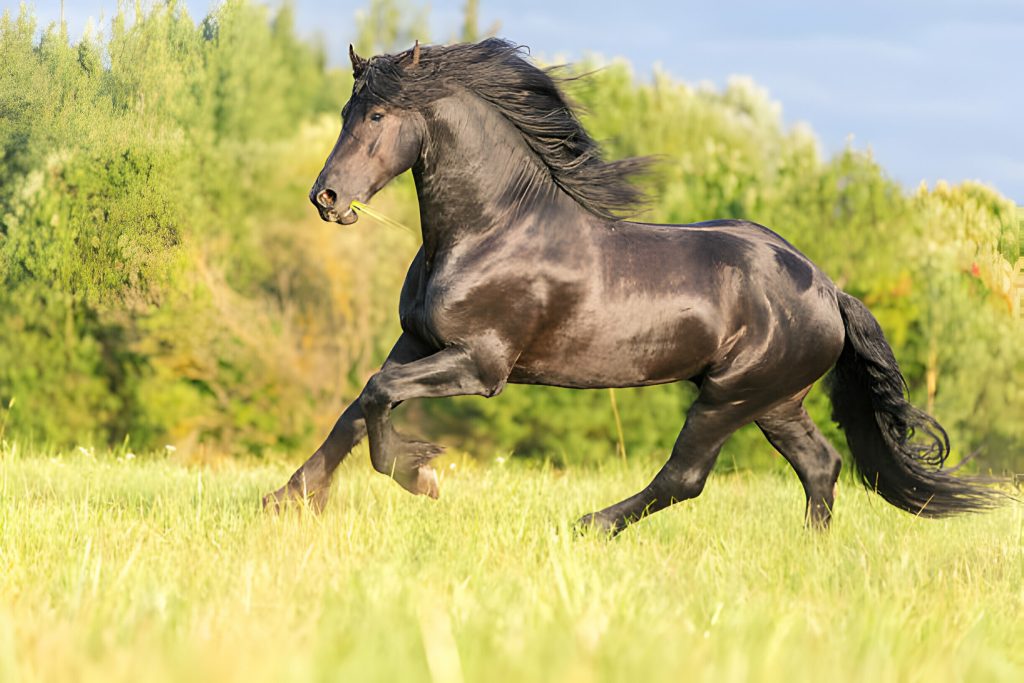
While the average lifespan of a domesticated horse is 25 to 30 years, some horses have lived significantly longer with the right care. The oldest recorded horse was named Old Billy, who lived to the remarkable age of 62.
Factors Influencing Lifespan
Several factors contribute to the lifespan of horses, including genetics, diet, exercise, veterinary care, and environmental conditions. While some horses may live well into their 30s, others may succumb to health issues or accidents at a younger age. Understanding these factors can help horse owners make informed decisions to promote longevity and well-being.
Genetics
Genetics plays a significant role in determining the lifespan of horses. Just like humans, some horses are genetically predisposed to certain health conditions or longevity. The breed can also influence lifespan, with some breeds known for their longevity, such as the Arabian, which is known for its resilience and endurance.
Nutrition and Diet
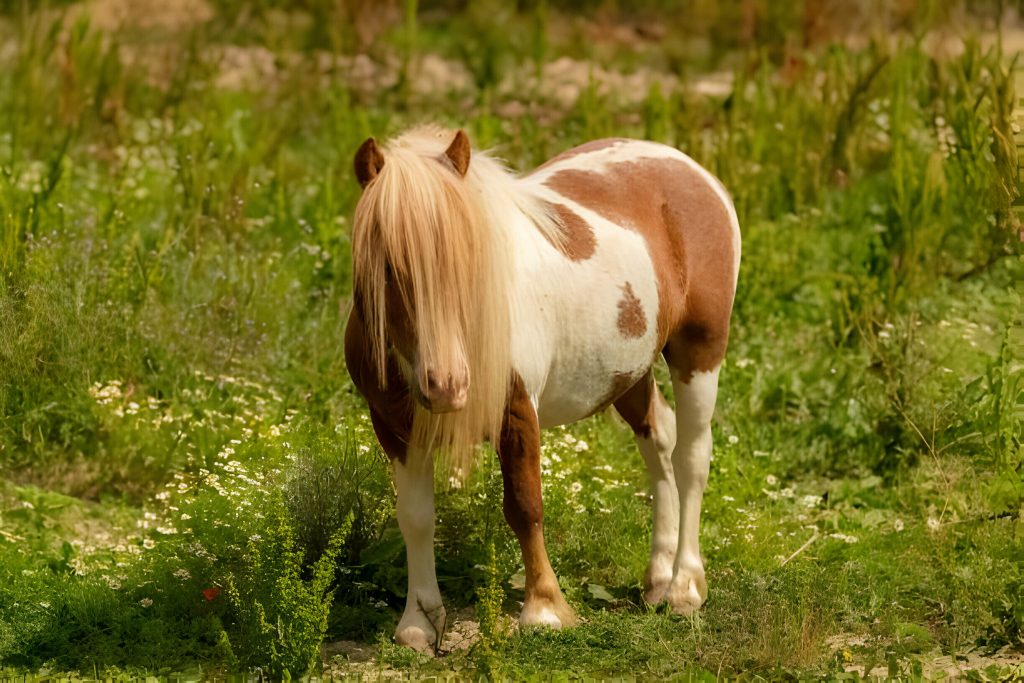
Proper nutrition is essential for maintaining the health and longevity of horses. A well-balanced diet that provides essential nutrients, vitamins, and minerals is crucial for supporting overall health and preventing common ailments. Horses should have access to fresh water at all times, along with quality forage or pasture grasses. Supplemental feed may be necessary depending on the horse’s age, activity level, and health status.
Exercise and Activity
Regular exercise is vital for keeping horses healthy and fit throughout their lives. Adequate exercise helps maintain muscle tone, cardiovascular health, and mental well-being. Horses that receive daily turnout or exercise are less prone to obesity, joint problems, and behavioral issues. Engaging in activities such as riding, lunging, or turnout in a spacious paddock allows horses to express their natural behaviors and maintain a healthy weight.
Veterinary Care

Routine veterinary care is essential for detecting and treating health issues early, thereby extending the lifespan of horses. Regular vaccinations, dental care, deworming, and hoof maintenance are critical components of preventive healthcare. Annual wellness exams allow veterinarians to assess the horse’s overall health, address any concerns, and recommend appropriate interventions to optimize longevity.
Environmental Conditions
The environment in which horses are kept can significantly impact their health and longevity. Horses require shelter from the elements, whether it be a stable, run-in shed, or a suitable pasture with natural windbreaks. Adequate ventilation, clean bedding, and proper drainage are essential for maintaining a healthy living environment. Exposure to extreme temperatures, humidity, or environmental toxins can compromise the horse’s immune system and predispose them to illness or injury.
Common Health Issues
Despite proper care and management, How Long Do Horses Live may still experience health issues that can affect their longevity. Some common health concerns in horses include colic, lameness, dental problems, respiratory issues, and metabolic disorders. Early detection and prompt treatment are crucial for managing these conditions and minimizing their impact on the horse’s quality of life. See More Info Education.
Final Thoughts
How Long Do Horses Live? The lifespan of horses can vary depending on various factors, including genetics, nutrition, exercise, veterinary care, and environmental conditions. By understanding these factors and implementing proactive management practices, horse owners can help ensure their equine companions live long, healthy, and fulfilling lives. Investing in proper nutrition, regular exercise, preventive healthcare, and a suitable living environment can contribute to maximizing the lifespan of horses and enriching the bond between horse and owner.
FAQs:
What is the average lifespan of a horse?
The average lifespan of a horse ranges from 25 to 30 years. Factors such as genetics, nutrition, environment, and veterinary care all contribute to how long a horse will live.
How can I help my horse live longer?
Providing proper nutrition, regular exercise, and veterinary care can help increase your horse’s lifespan. Regular dental check-ups and ensuring your horse has access to clean water and adequate shelter are also crucial for maintaining their health and longevity.
Do different horse breeds have different lifespans?
Yes, different horse breeds have varying life expectancies due to genetic factors. Some breeds are known for their longevity, while others may have shorter lifespans. It’s essential to research the specific breed you own to understand its average lifespan and the factors that may impact it.
